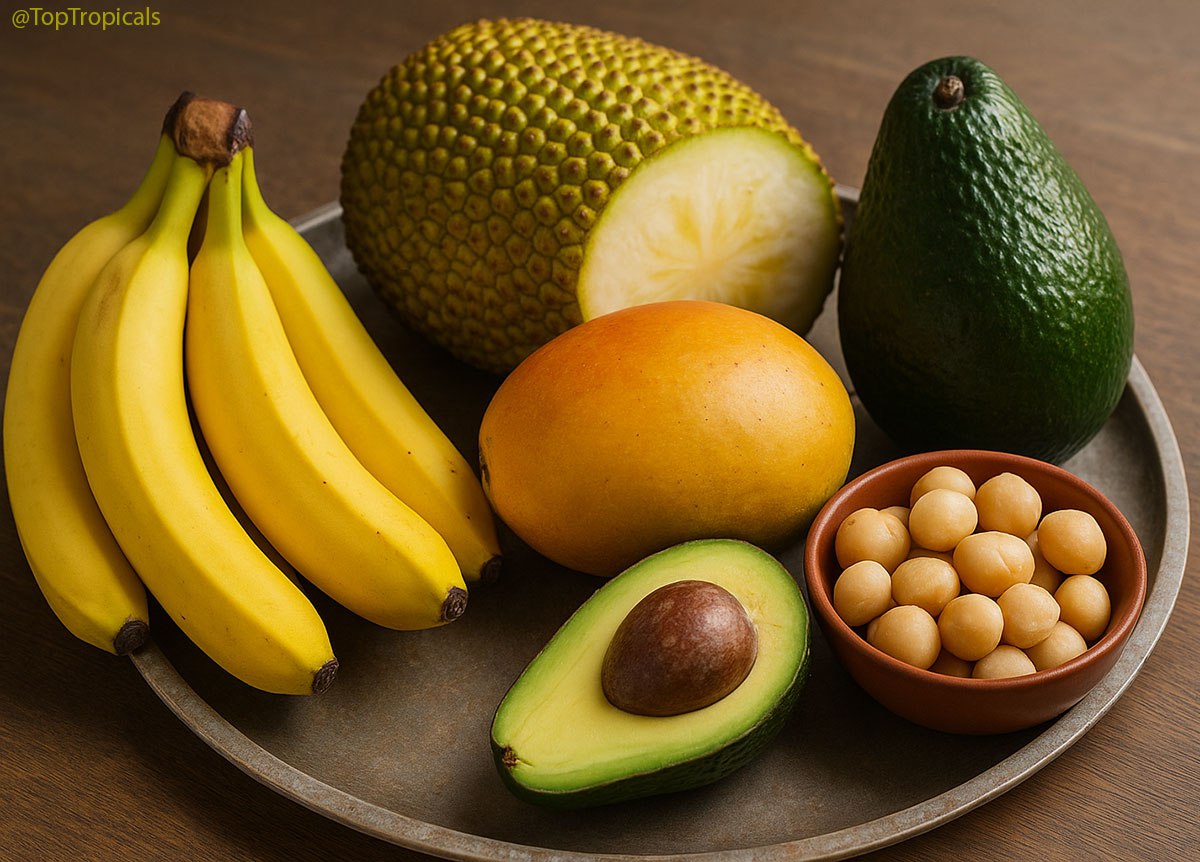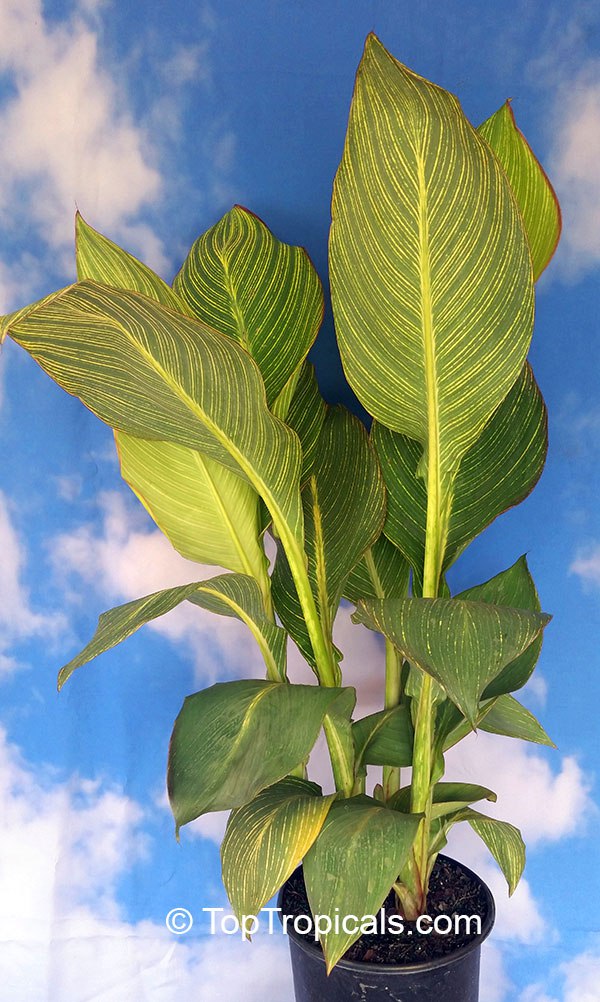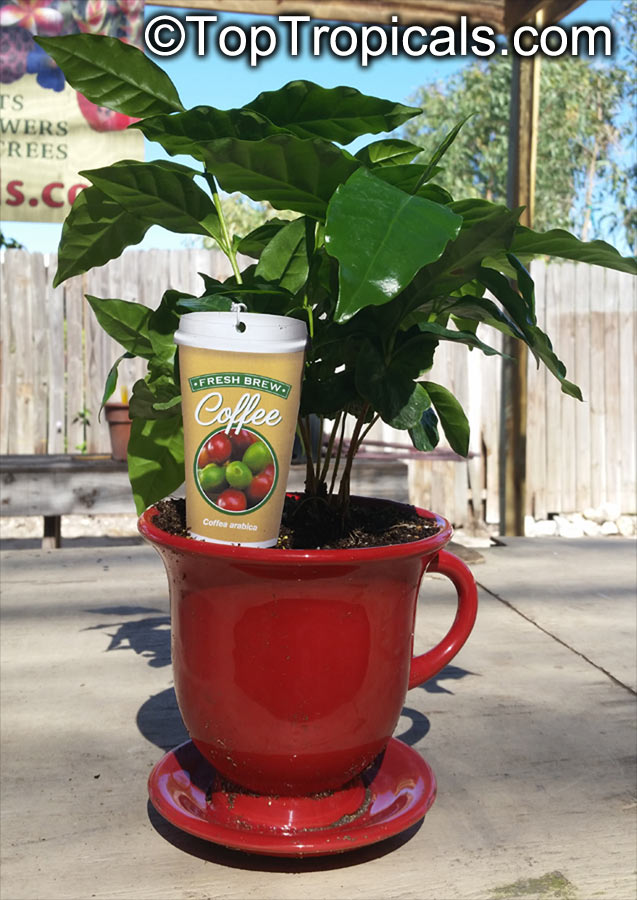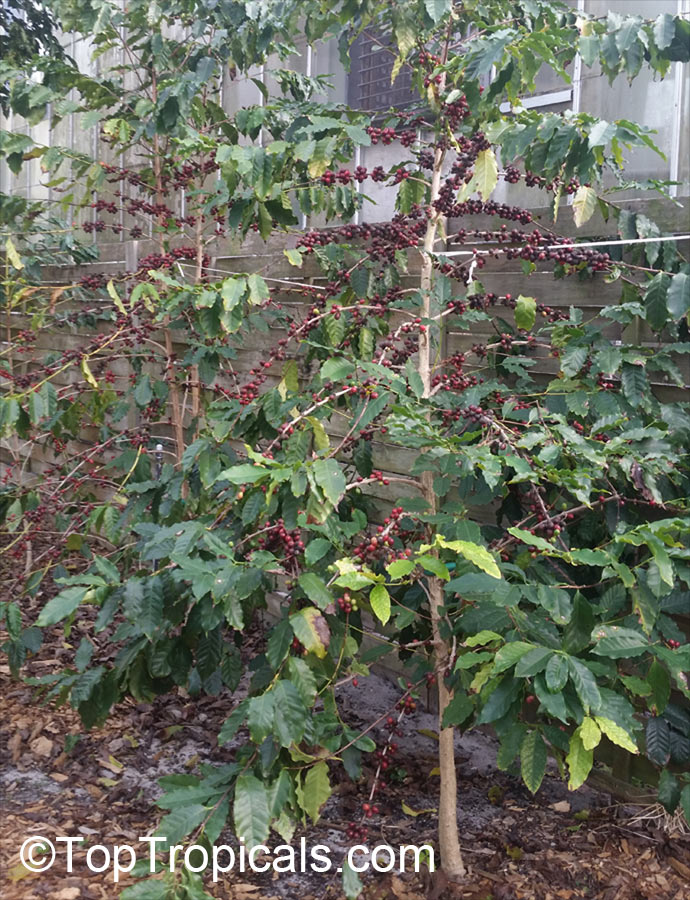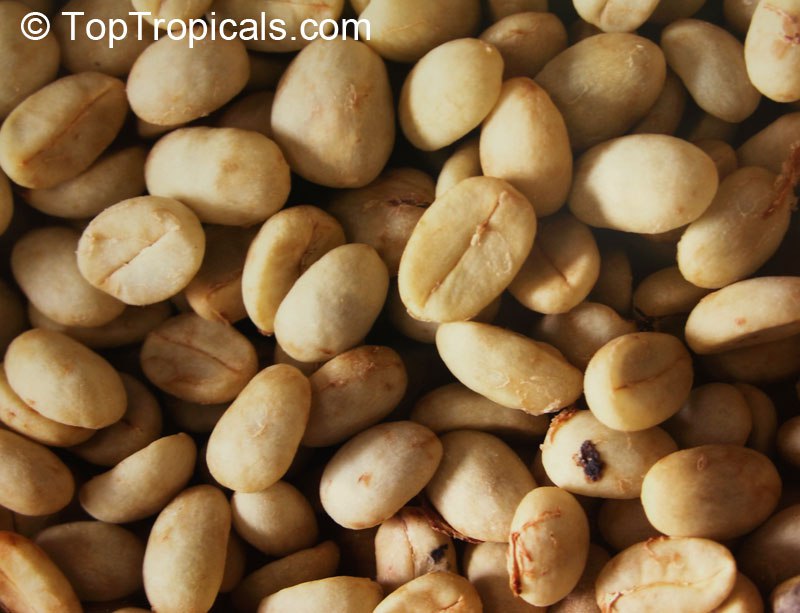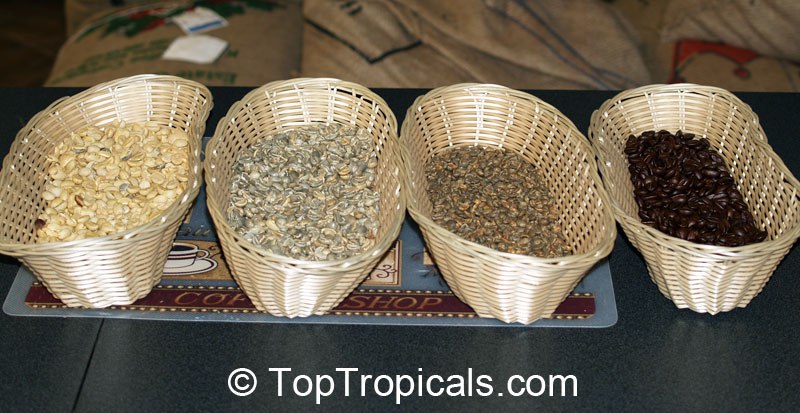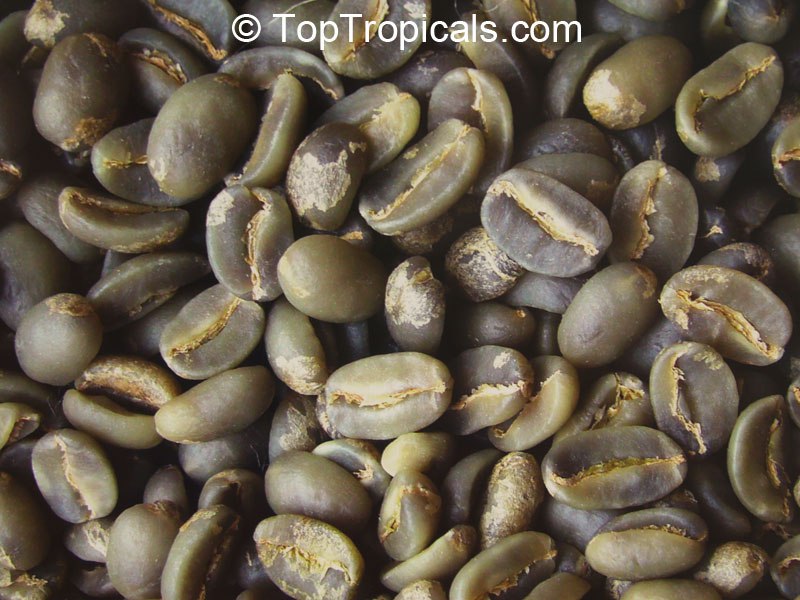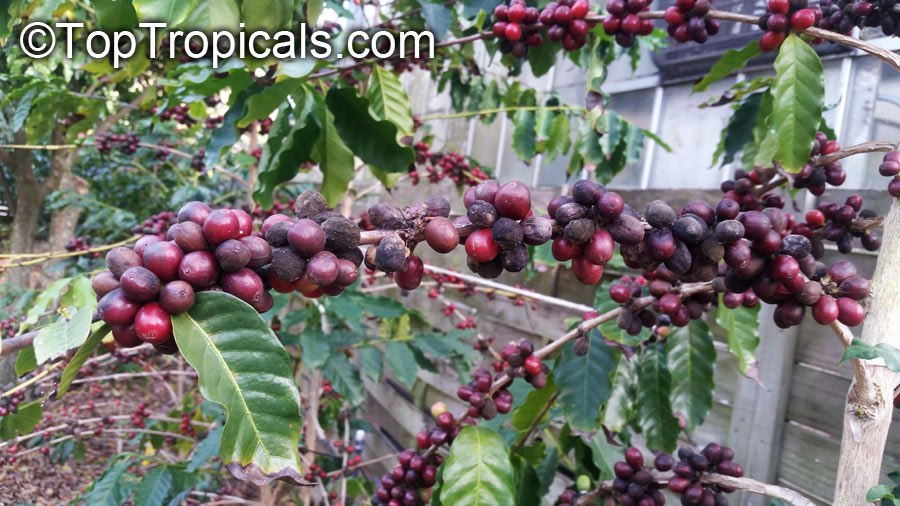Grumichama - Eugenia brasiliensis
- 🍒 If you are hunting for a fruit tree that does it all - gorgeous looks, unbelievable flavor, and nonstop productivity - meet Grumichama (Eugenia brasiliensis), the tropical cherry you'll fall in love with!
- 🍒 Grumichama is a compact cherry tree that steals the show. In spring, the tree transforms into a cloud of delicate white starburst flowers, like fireworks frozen in bloom. The blossoms are pure white with long, golden-tipped stamens, giving them a soft, lacy glow. The entire tree hums with life - bees and butterflies swarm to sip the nectar, turning your garden into a pollinator paradise.
- 🍒 And then comes the fruit! The cherries are dark purple-black, glossy, and almost too juicy to believe. One bite and you're hooked- sweet, smooth, with hints of cherry, grape, and plum. It's our favorite tropical cherry at Top Tropicals, hands down. So good, you'll eat one - then a handful - and then realize you've picked half the tree. They're that good!
- 🍒 Grumichama tree is a dream come true for beginners. It tolerates heat, partial shade, even salt spray. It's drought-tough, yet grateful for a little water with a crazy fruit yield - up to 500 fruits per tree. And it's perfect container fruit, so even small-space gardeners in colder zones can grow it. Cold hardy to the upper 20s!
- 🍒 Even when not fruiting, Grumichama is a stunning ornamental. Shiny evergreen leaves, showy blooms, and a neat, upright form make it a standout in your landscape.
- 🍒 And the fruit? Packed with vitamin C, fiber, and even a bit of plant protein, it's a sweet treat that’s also healthy. Perfect fresh off the tree, or turned into jam or jelly - if you can stop eating them long enough.
- 🍒 Start your food forest with Grumichama. It's easy. It's beautiful. And it's the most addictive fruit!
🛒 Start your food forest with Grumichama
📚 Learn more:
Why grow Grumichama? Benefits of Brazilian Eugenia Tree - Cherry of the Tropics
#Food_Forest #Discover
🟢 Join 👉 TopTropicals
